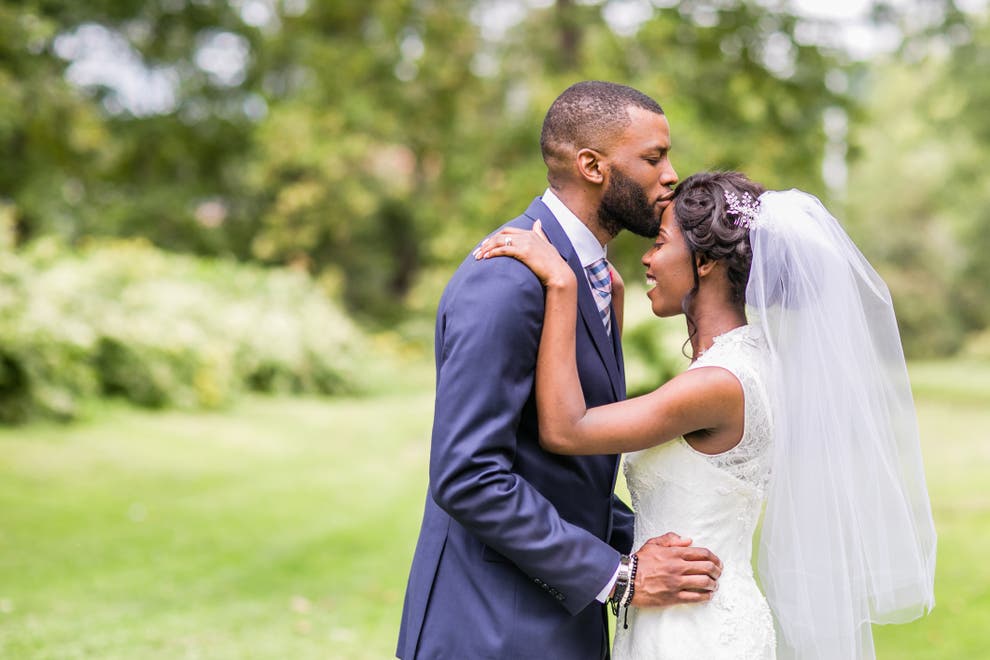South Africa proposes legalising women marrying multiple husbands
Opponents say the move could ‘destroy society’

Your support helps us to tell the story
From reproductive rights to climate change to Big Tech, The Independent is on the ground when the story is developing. Whether it's investigating the financials of Elon Musk's pro-Trump PAC or producing our latest documentary, 'The A Word', which shines a light on the American women fighting for reproductive rights, we know how important it is to parse out the facts from the messaging.
At such a critical moment in US history, we need reporters on the ground. Your donation allows us to keep sending journalists to speak to both sides of the story.
The Independent is trusted by Americans across the entire political spectrum. And unlike many other quality news outlets, we choose not to lock Americans out of our reporting and analysis with paywalls. We believe quality journalism should be available to everyone, paid for by those who can afford it.
Your support makes all the difference.Proposals to allow women to marry more than one husband have sparked widespread debate in South Africa.
The legalisation of polyandry was put forward in a green paper published by the Department of Home Affairs.
The plans, part of wider moves by the government to reform the Marriage Act, have upset conservatives and some religious groups.
Polygamy - a man having more than one wife - is already permitted in South Africa.
But Kenneth Meshoe, who is the leader of the opposition African Christian Democratic Party (ACDP), claimed it would “destroy society” if the same marriage rights were extended to women.
Some celebrities have also spoken out over the proposed change.
Reality star Musa Mseleku, who has four wives and features in a programme about his polygamous family, told the BBC: “This will destroy African culture. What about the children of those people? How will they know their identity?”
“The woman cannot now take the role of the man. It’s unheard of. Will the woman now pay lobola [bride price] for the man. Will the man be expected to take her surname?”
Professor Collis Machoko, an academic who has studied the subject, told the BBC that objections to the proposals are about “control”.
He added: “African societies are not ready for true equality. We don’t know what to do with women we cannot control.”
Home affairs minister Aaron Motsoaledi said the debate had descended into a “war of words”.
He added the green paper was not the official policy position of the government and encouraged people to engage in debate on the topics raised.
“It only articulates possible policy options or proposals that are based on inputs received from stakeholders during ministerial dialogues. These proposals will be subjected to public scrutiny,” he added.
South Africans have until the end of June to comment on the proposals.
Join our commenting forum
Join thought-provoking conversations, follow other Independent readers and see their replies
Comments